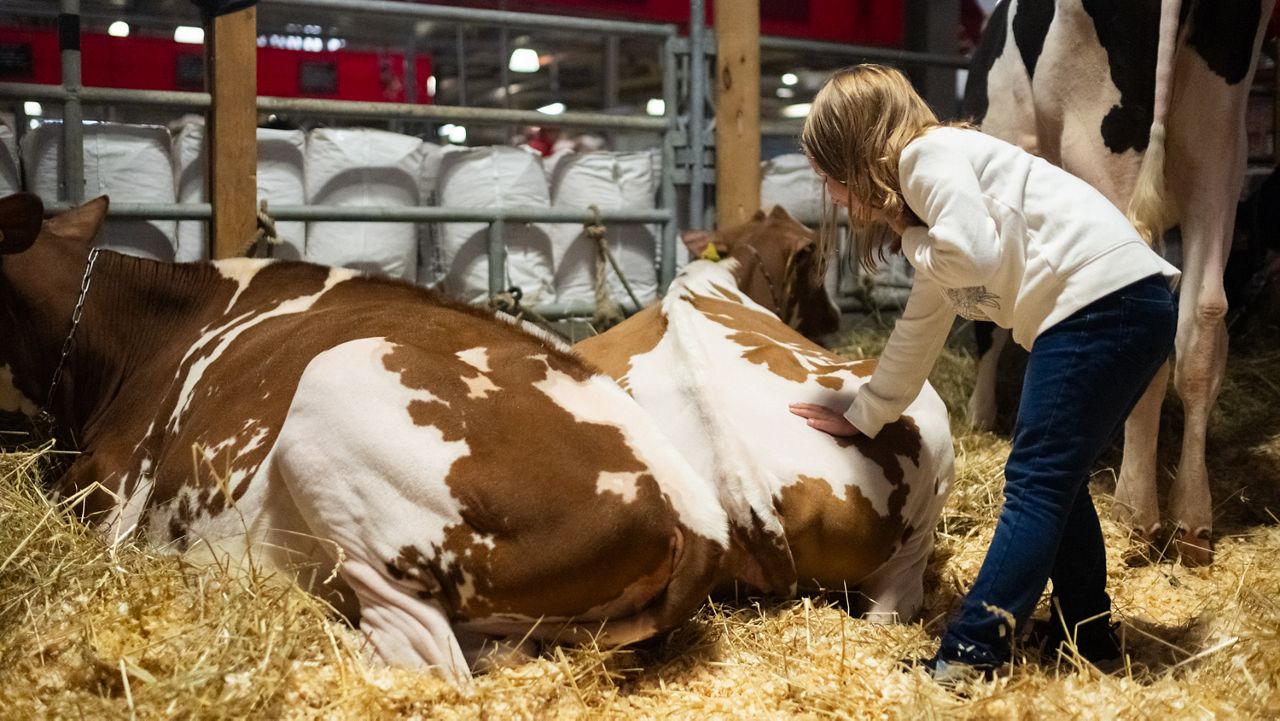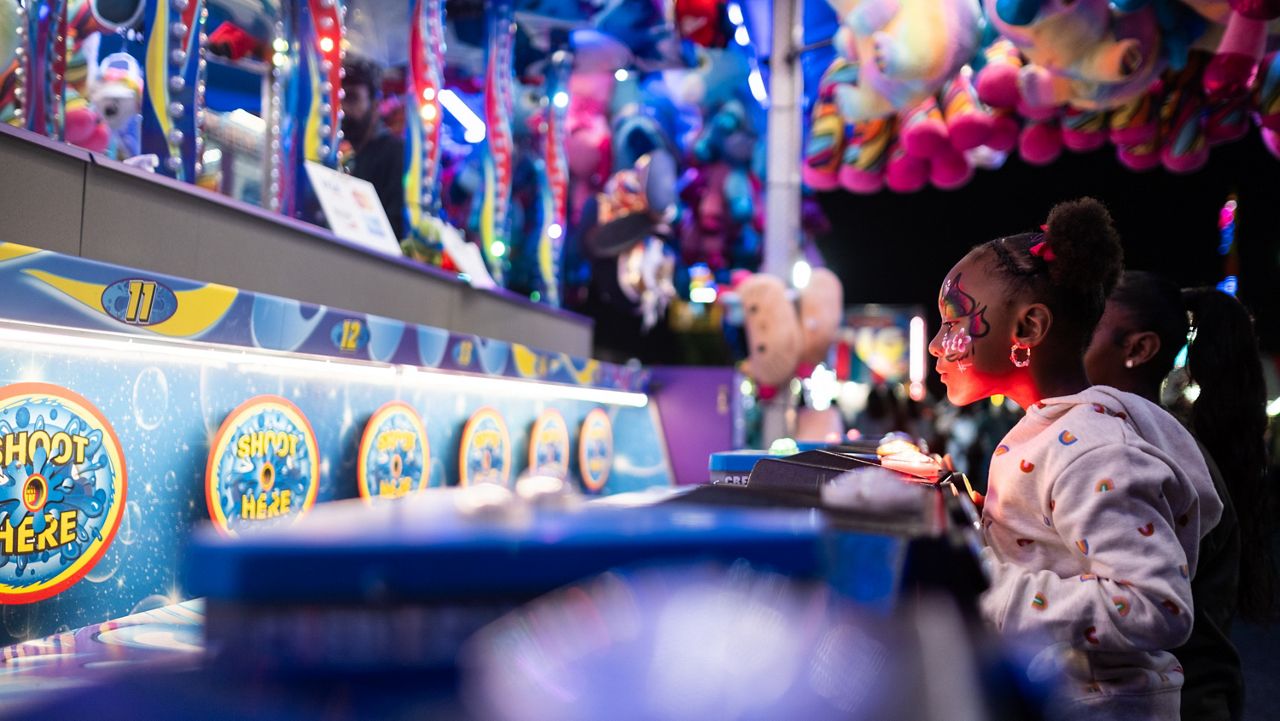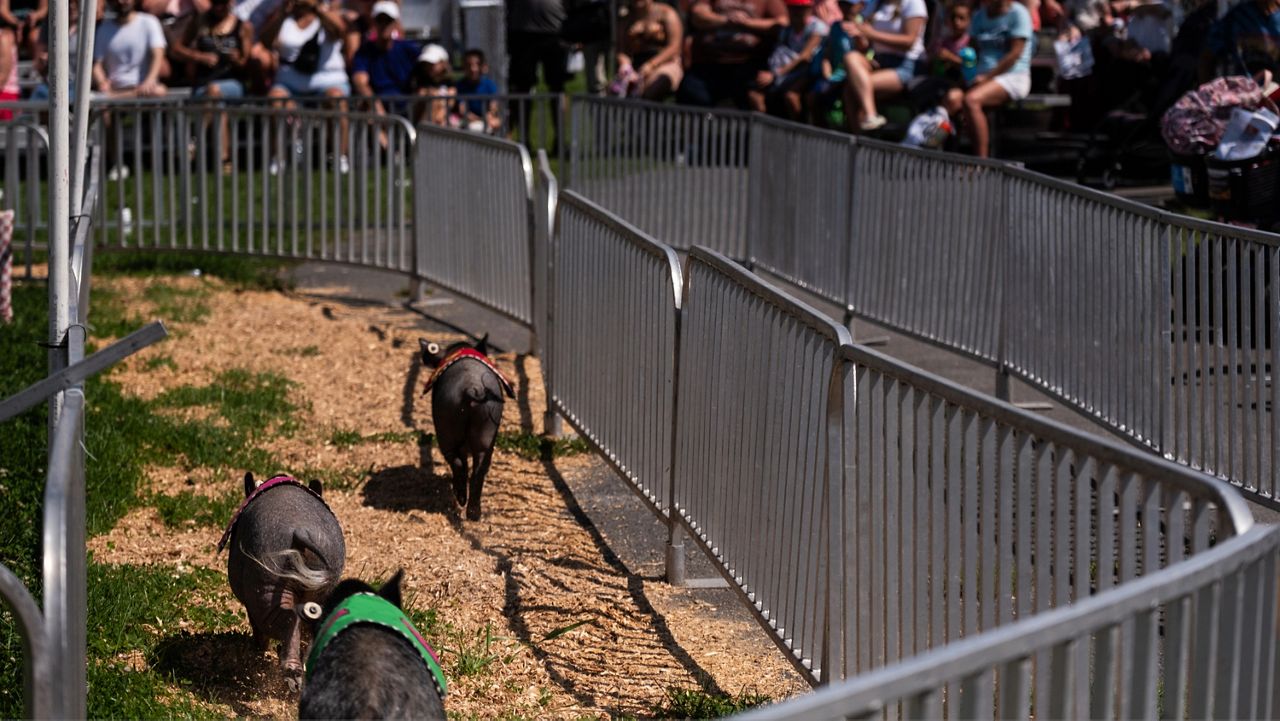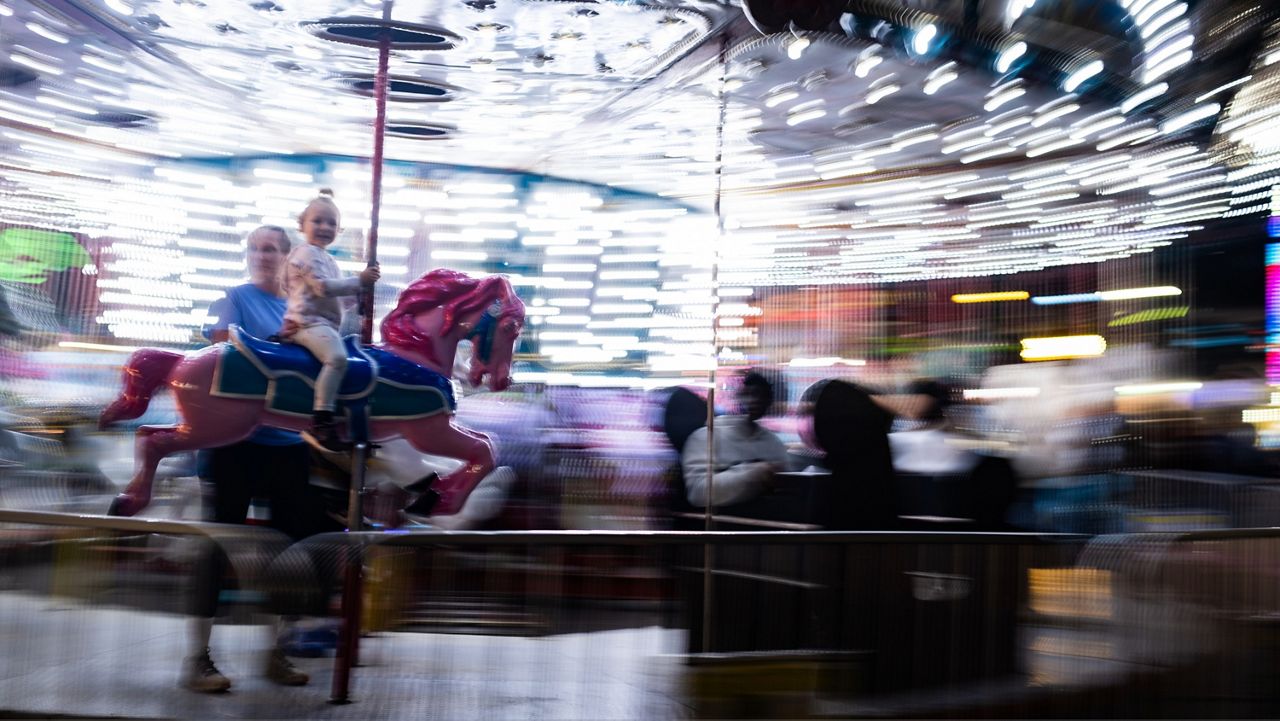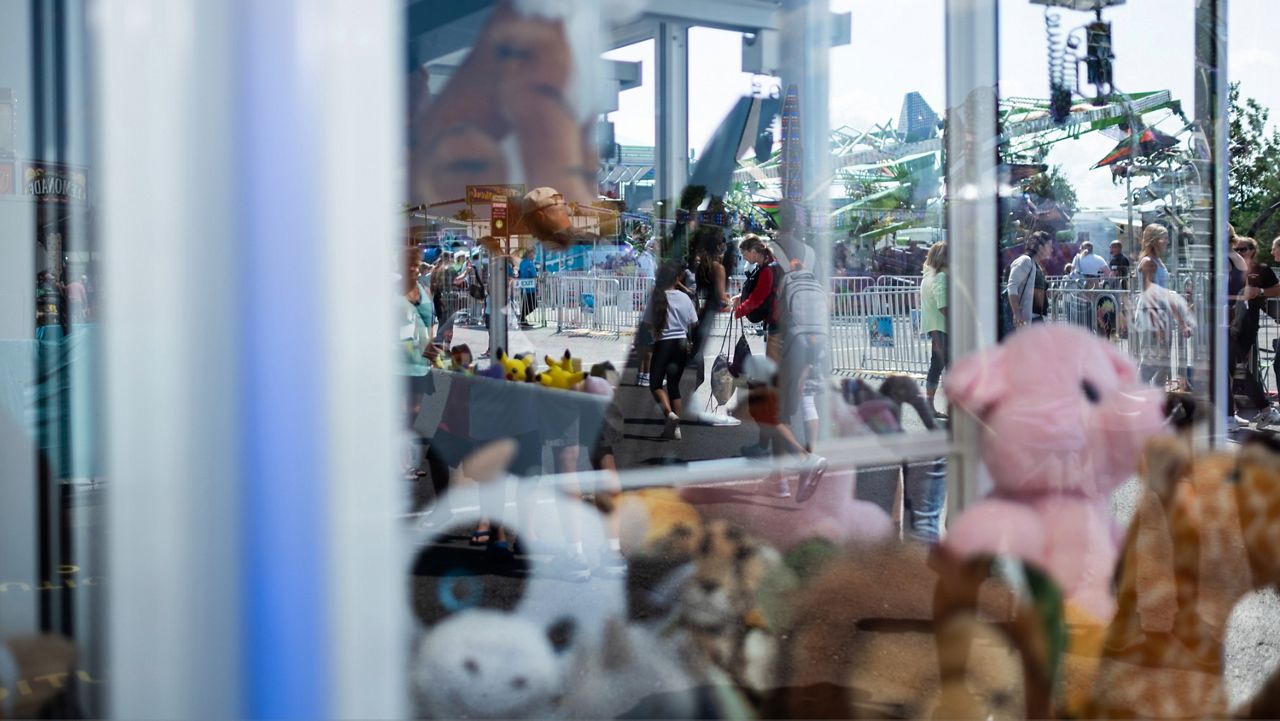While New York has had no positive cases of the highly pathogenic avian influenza, dairy cattle and poultry were required to test before coming to the New York State Fair.
“Let’s make sure we are part of the answer not the problem,” said Commissioner of Agriculture Richard Ball.
Being proactive about biosecurity is important when it comes to preventing the spread of this virus for both dairy cattle and poultry, he said.
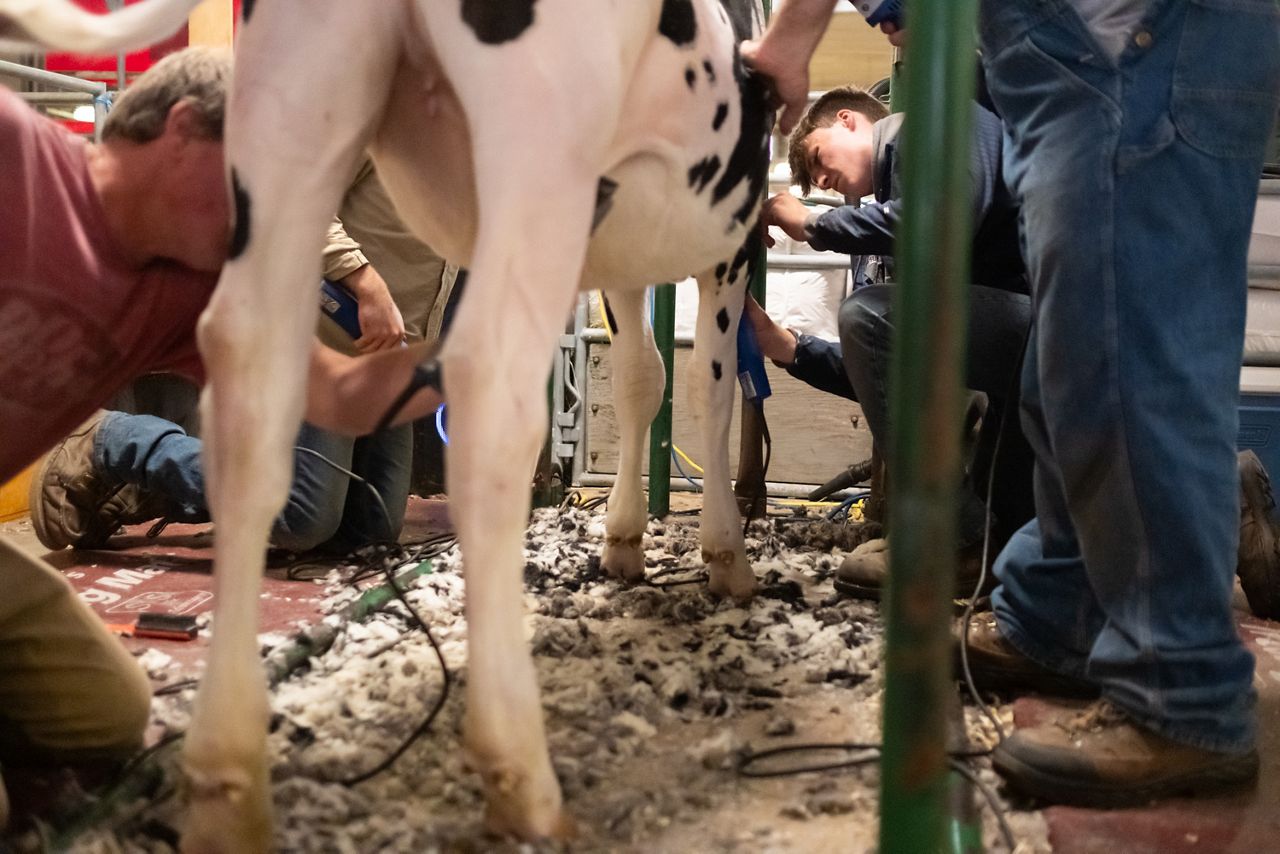
“For our dairy cattle, they can carry the disease and may show some symptoms, but the rate of morbidity is very, very low, but for our poultry industry it’s life or death — so biosecurity measures on both fronts are critical,” Ball said.
Thirteen states in the U.S. have had dairy cattle test positive for HPAI and about 200 farms have been impacted, Ball said. Cornell University’s Animal Health Diagnostic Center has taken the lead in testing these animals.
“To ensure the safety for New York animals and fairgoers, all milking cows must be tested within seven days of arrival at a state fairground,” said assistant professor Elisha Frye, who assisted with this testing process.
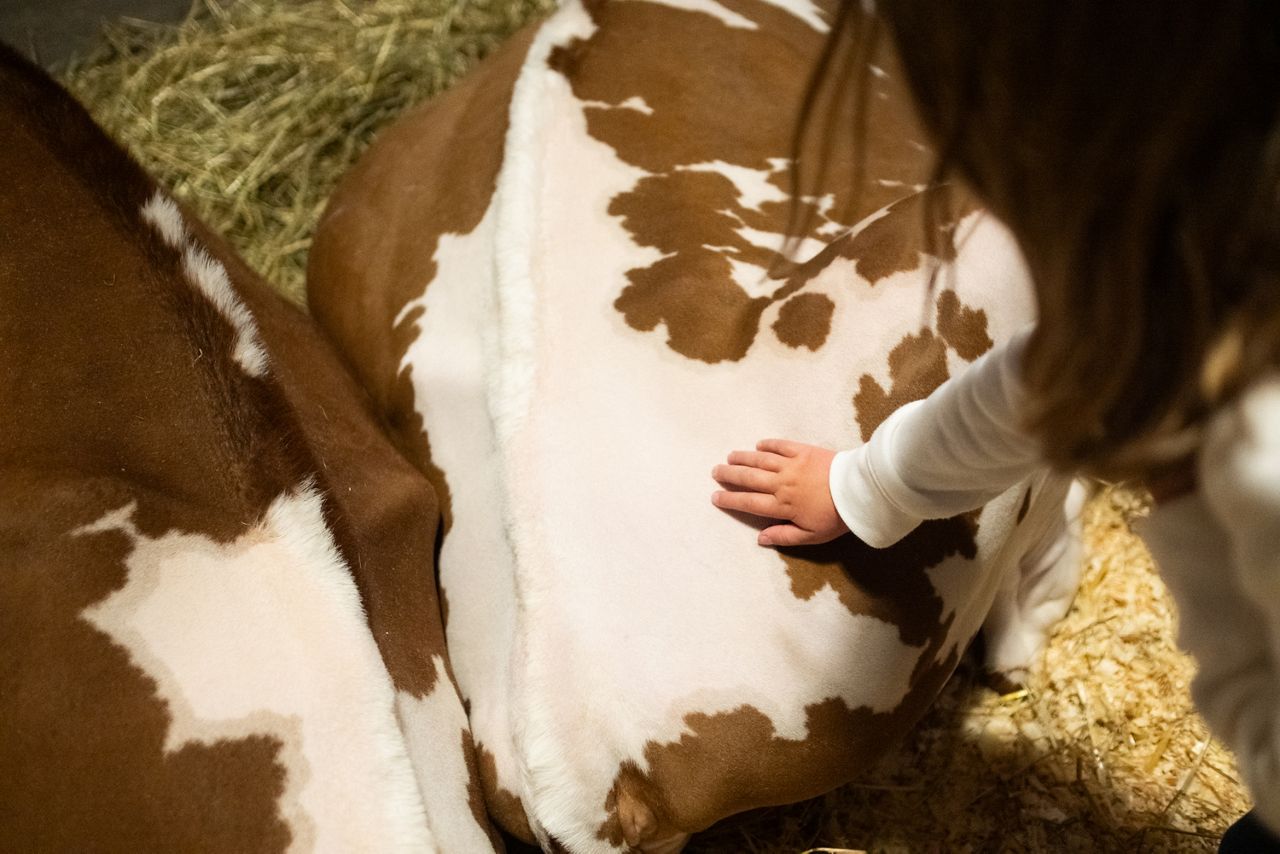
The milk samples were submitted by veterinarians and the testing is paid for by the U.S. Department of Agriculture Animal Plant Health Inspection Service.
“We’ve got great animal health officials that are staying on top of this,” Ball said.
Fair officials have placed hand washing stations and hand sanitizer around the barns to make sure fairgoers can keep their hands clean after interacting with the animals.
Lou Smith oversees parts of the poultry barn and brings nearly 100 birds to exhibit each year.
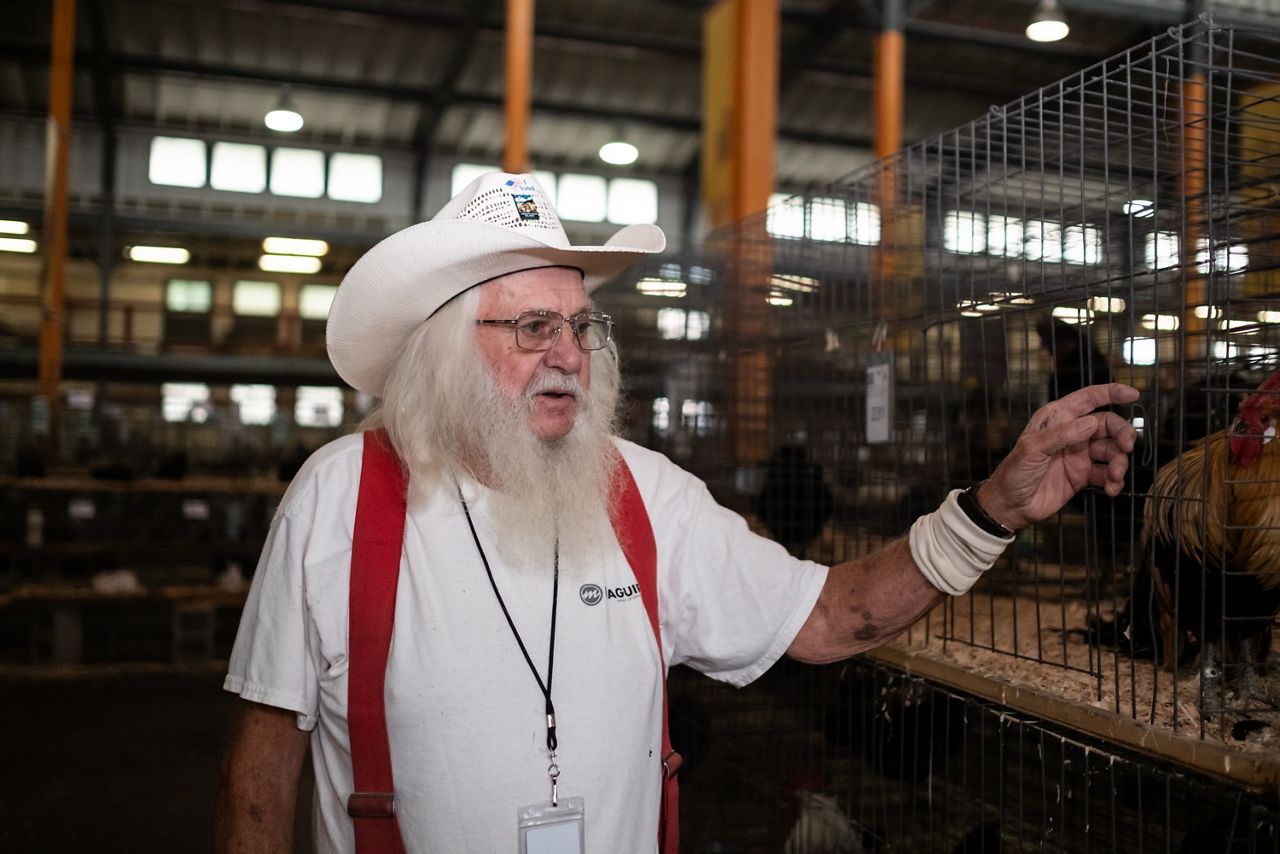
“We have a veterinarian that goes through our building, checks our birds and makes sure everything is healthy and to keep everyone safe for the public,” Smith said.
Smith has been coming to the fair with his birds for 20 years and emphasized the importance of clean hands.
“If you want to pet them, pet them. Sometimes you can find one of us who will let you hold them, but wash your hands after,” Smith said.
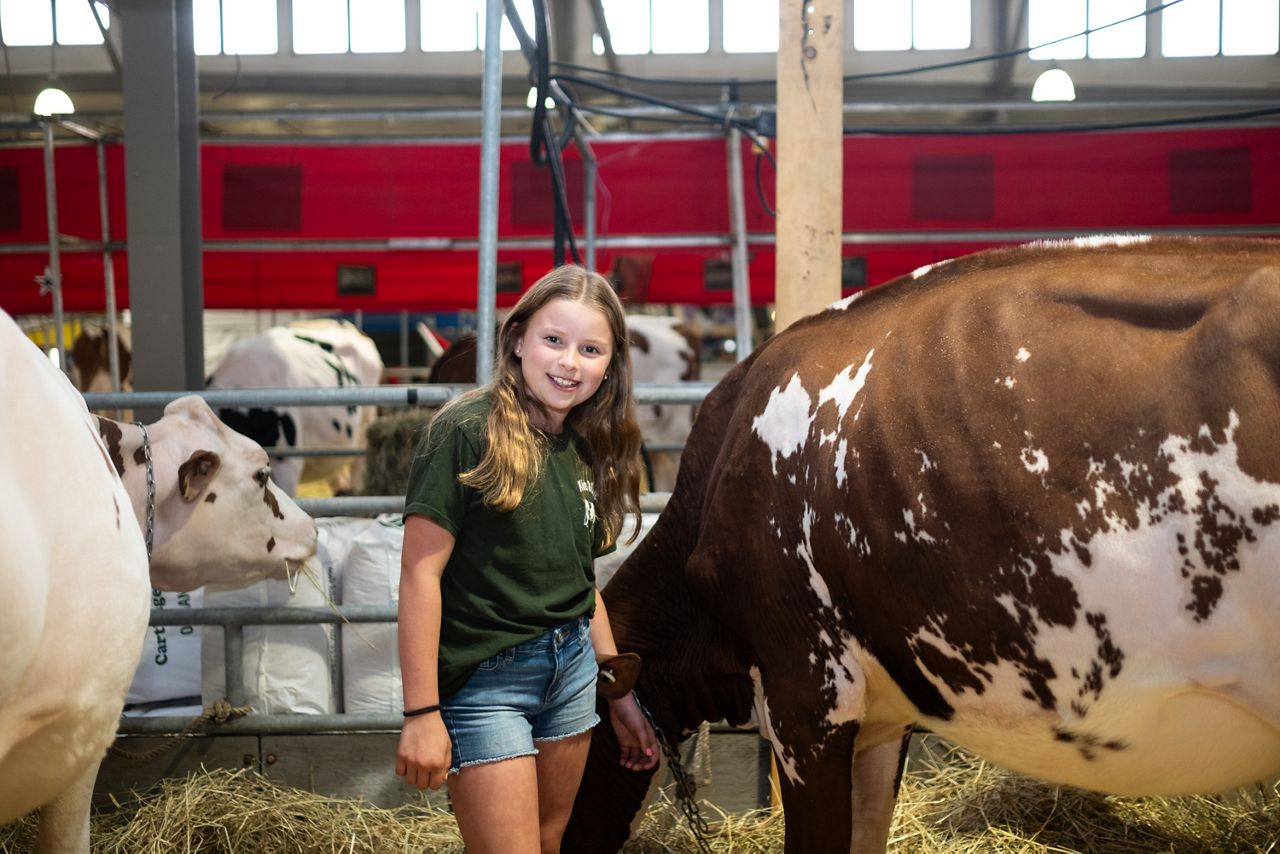
Brynley Bossard, whose parents Brett and Johanna Bossard operate Barbland Dairy in Fabius, brought her cattle to the fair this year.
“If they are scared of [getting sick], just make sure to wash your hands after and bring hand sanitizer,” Bossard said.
Ball said the risk of HPAI spreading to humans is very low, but it’s important to continue these good practices.
“We are in a good place, and I think vigilance is the price we pay for that,” he said.




